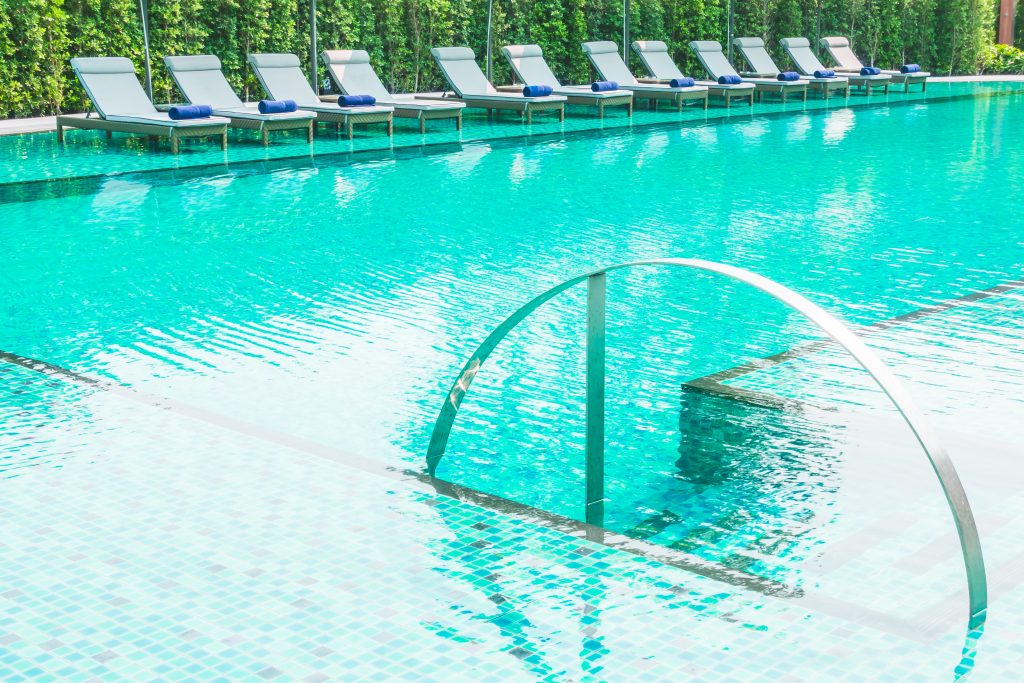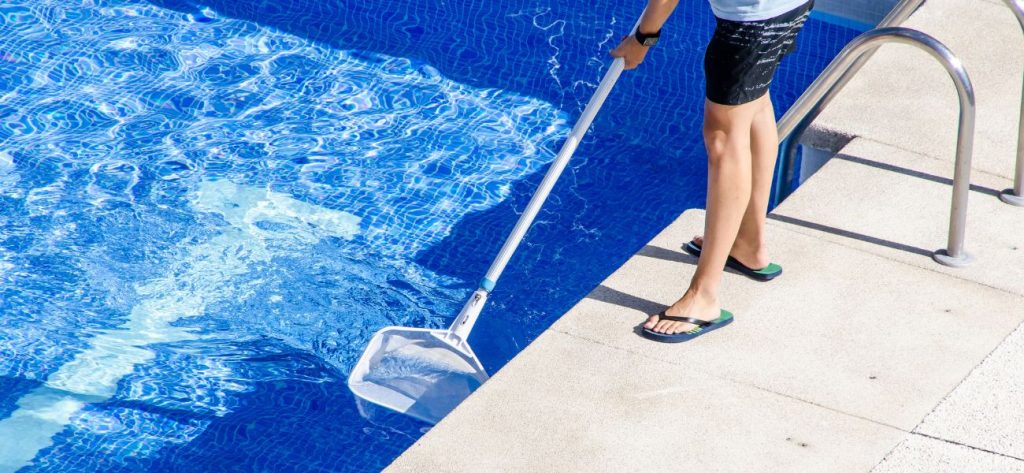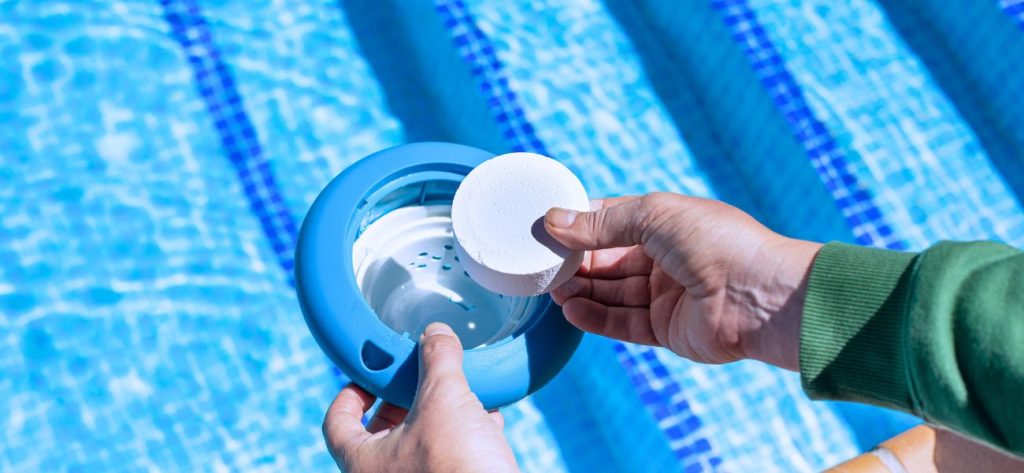Cleaning and maintaining a pool, especially in public spaces such as resorts and clubs, is crucial to ensuring the health and safety of users. Crystal-clear water and a safe environment are synonymous with quality and professionalism. In this article, we will explore the key aspects of keeping a pool in top condition, from water chemistry to swimmer safety.
What is pool maintenance?
Pool maintenance is a set of tasks and procedures that ensure water quality, facility hygiene, and user safety. Proper maintenance extends the life of equipment and ensures a pleasant bathing experience.
The importance of a cleaning routine
As caretakers of a recreational space, it is essential to establish a thorough cleaning routine. Each element of the pool requires attention:
Daily Cleaning:
- Skimmers: Remove leaves, insects, and other debris from the surface.
- Water surface: Remove any floating objects.
Weekly Cleaning:
- Vacuuming: Removes dirt from the bottom.
- Brushing: Prevents algae buildup on walls and bottom.
Monthly Maintenance:
- Equipment check: Pumps, filters, heaters.
- Filter cleaning: According to manufacturer’s recommendations.
Water Chemistry: A delicate balance
Pool water is a delicate ecosystem that requires a precise balance of chemicals.
- pH control: A balanced pH is essential for chlorine effectiveness and swimmer comfort.
- Chlorination: Chlorine is the most common disinfectant. An adequate level eliminates bacteria and algae.
- Alkalinity: Acts as a pH buffer.
- Calcium hardness: Affects water clarity and protects equipment.
Safety First: Protect your users
Safety should be a top priority.
- Surveillance: Trained personnel to supervise swimmers.
- Signage: Clear indications about depths, currents and rules.
- Emergency equipment: Buoys, ropes and first aid kit.
Additional tips from the expert:
- Staff training: A well-trained team is the key to success.
- Quality products: Use chemicals from recognized brands and follow the manufacturer’s instructions.
- Preventive maintenance: Conduct periodic checks to detect problems in time.
- Compliance with standards: Comply with all local and national regulations.
Conclusion:
Keeping a pool in optimal condition requires knowledge, dedication and the use of appropriate products. By following these tips, you will become a true expert in pool care, guaranteeing the satisfaction of your users and prolonging the life of your facilities.



